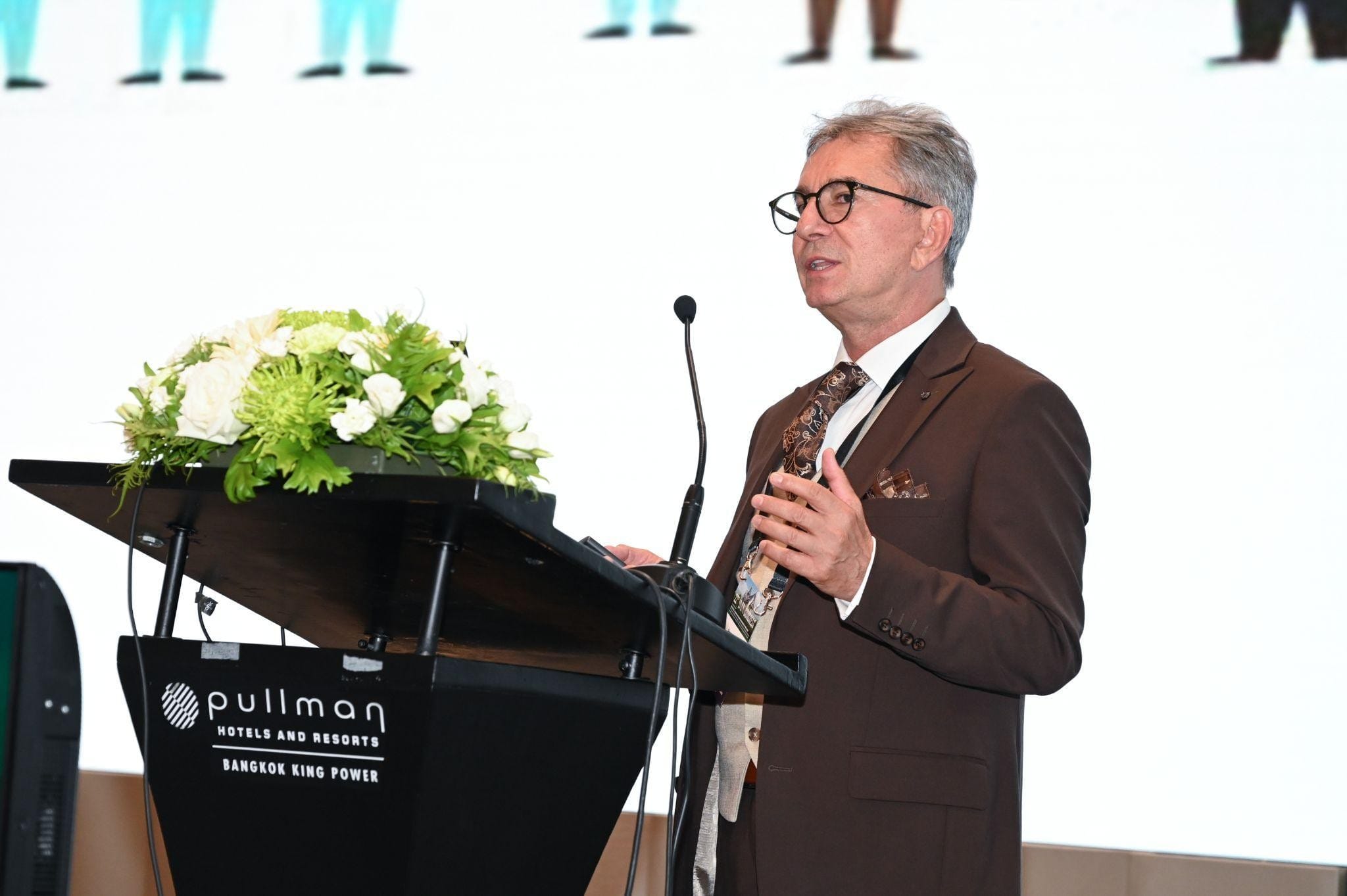Advancing neuroscience-informed security training: IBQ-Labyrinth 5-ASAL
The global landscape of security and defense increasingly relies on interdisciplinary approaches, where neuroscience, medicine, and operational training converge. Recent developments in the IBQ-Labyrinth 5-ASAL program—initiated by the RoNeuro Institute and the Foundation for the Study of Nanoneurosciences and Neuroregeneration (FSNANO), and supported by CEC Bank—offer a forward-looking model of how these fields can align. Now in its second phase of implementation for 2024, this innovative training initiative refines participants’ operational resilience through cutting-edge neuroscience applications.
Building on a strong foundation
The first phase of IBQ-Labyrinth 5-ASAL demonstrated measurable improvements in key neurophysiological and psychological indicators among personnel in defense, public order, and national security domains. By employing holistic methods that integrate cognitive and subconscious intelligence, the program has enabled trainees to enhance ambidexterity, stress management, and cognitive adaptability—crucial skills for today’s complex security environments.
Natural alignment with AMN’s mission
The Academy for Multidisciplinary Neurotraumatology (AMN), an international body championing advancements in prevention, diagnosis, and management of neurological injuries, shares a core commitment with RoNeuro and FSNANO: leveraging cutting-edge scientific insights for tangible, real-world benefits.
The IBQ-Labyrinth 5-ASAL program’s ongoing efforts complement AMN’s mission to foster multidisciplinary exchange and innovation. The program’s approach—involving neurologists, psychologists, psychiatrists, and other allied specialists—mirrors the AMN’s collaborative ethos. By prioritizing integrated, evidence-based practices, the results from IBQ-Labyrinth 5-ASAL naturally resonate with AMN’s educational and research endeavors.
Strengthening common goals through knowledge sharing
While IBQ-Labyrinth 5-ASAL addresses the specialized field of operational readiness and resilience, its underlying principles—improved neurological health, better stress response, and enhanced functional connectivity—are deeply relevant to the broader neurotraumatology community. For AMN:
- The data and experience gained through IBQ-Labyrinth 5-ASAL can provide fresh perspectives on how targeted neurocognitive training may reduce vulnerability to neurological stressors. AMN’s educational programs and symposiums could incorporate these findings as case studies or discussion points.
- AMN has long advocated for cross-sector collaborations. The ongoing advancements of IBQ-Labyrinth 5-ASAL’s second phase create new opportunities for dialogue between security-focused trainers and health-focused researchers. Such exchanges can inform safer operational protocols, more effective screening measures, and proactive strategies for preventing traumatic neurological outcomes.
- The successes and measurable benefits observed in the IBQ-Labyrinth 5-ASAL program can help guide AMN-affiliated researchers and practitioners in identifying new research gaps, designing novel assessment tools, or validating emerging neuroprotective strategies.
A continued path forward
As the IBQ-Labyrinth 5-ASAL program progresses through 2024, its expanding insights may influence and inspire projects within AMN’s network—leading to refined best practices, shared professional standards, and improved outcomes for individuals operating in high-stress environments.
By harnessing breakthroughs in neuroscience and strengthening the link between FSNANO, RoNeuro, and AMN, the global community of neurotraumatology and neurological research stands to benefit. Together, these partnerships advance a vision where clinical innovation, robust research, and specialized training come together to support healthier, safer conditions for those who serve—and by extension, for the communities they protect.




